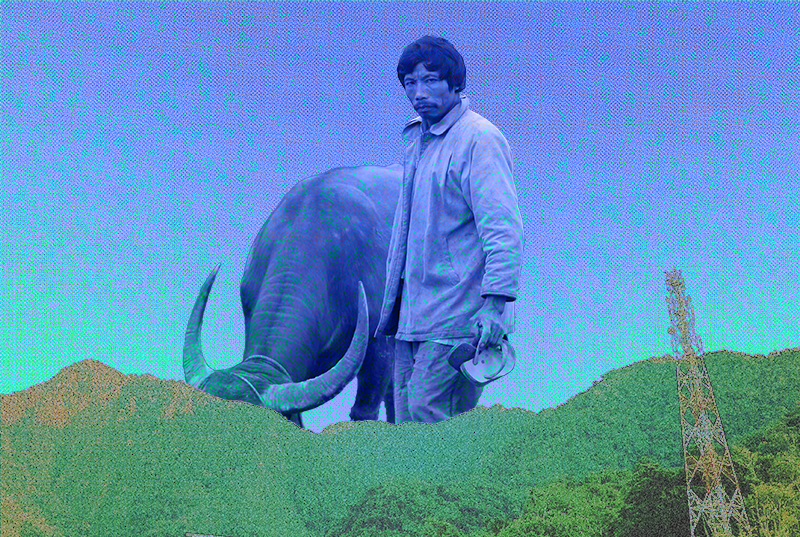
Indigenous Knowledge Systems
The hbs Regional Office New Delhi has curated this mini-dossier on indigenous knowledge systems, which provides an insight into the past and current conversations and debates in the geographical context of Northeast India. The dossier weaves together a unique exploratory pattern from the base of indigenous knowledge systems. The essays come from an interdisciplinary and practitioner lens. The authors critically engage with aspects of co-production, usage, dissemination and perceptions of indigenous knowledge systems. They reflect on mythologies, alternative worldviews and the interplay of the myriad contexts that sits across a diverse and plural geographical minority region.
A crosscutting and comparative approach brings the complex layers of such debates and conversations, from different disciplinary backgrounds and a unique mix of academic and activist practitioner based social enquiry. This crosscutting effect plays out within Northeast India at one level, and then provides entry points to how alternative contexts, meanings, understandings and an overall dialogue can take place beyond the region. The interplay of democratic imaginations and spaces of governance among indigenous communities, contextualized in bio-directional and plural senses requires a sustained enquiry, which this dossier attempts to initiate through these essays. This dossier intends to keep building up on such enquiry.
These essays reflect on the pluralities of indigenous knowledge systems from an Indian context. It can inform modern governance systems at a global level, and the authors contend that indigenous knowledge systems are co-produced. They are not essentially competing with dominant modern cultures. The essays bring out the examples of traditional knowledge systems and particularly the resilience of indigenous food systems to climate change impacts, from case studies in Northeast India. The essays point out that academics and journalists often miss out critical aspects of contextualising indigenous knowledge systems. There must be a conversation on the ethics on writing on indigenous knowledge and their interpretations.



